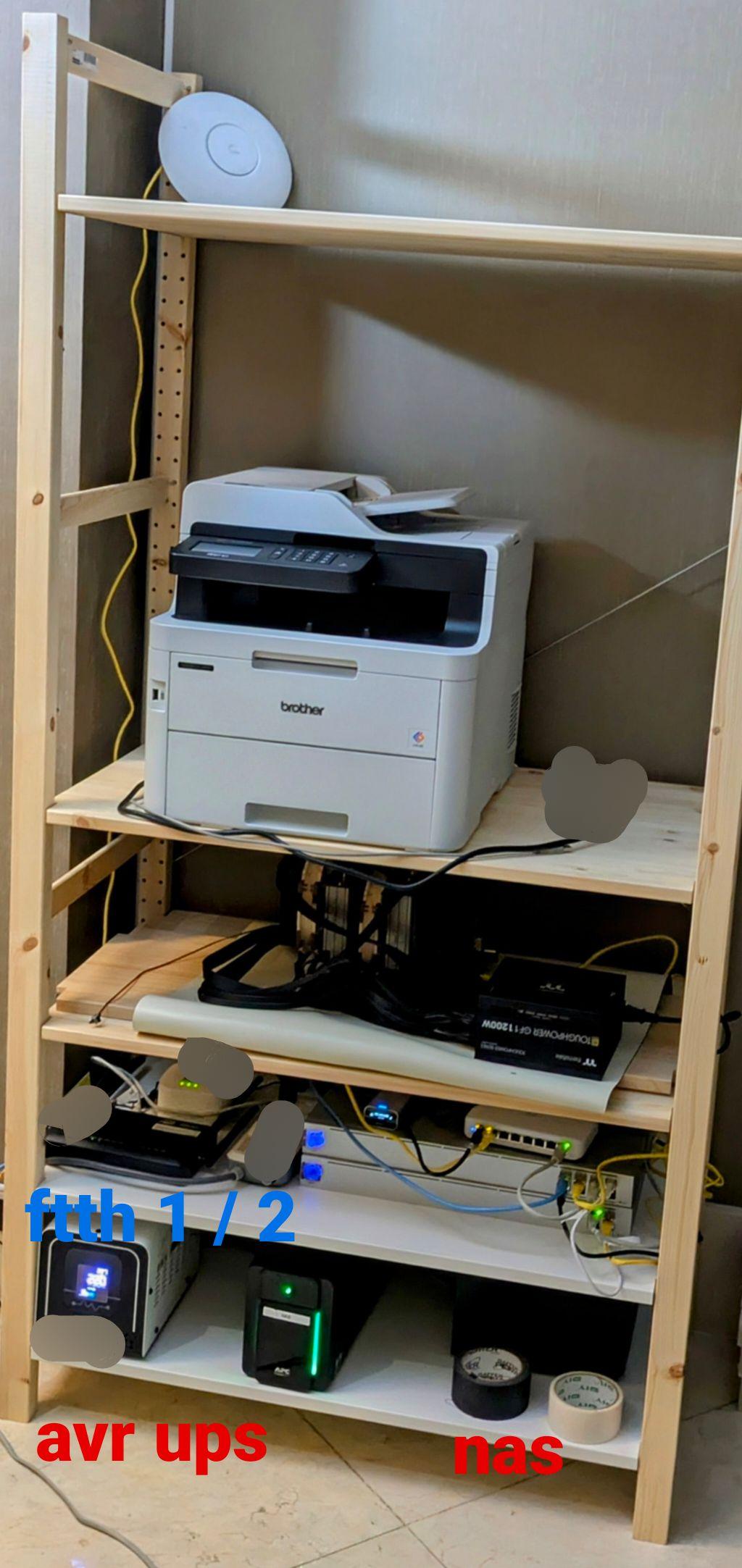
No, the photo is of a general computer. So most of the cooling is for the CPU and GPU.
SFP modules can get quite hot, especially if they’re pushing high frequencies over copper. So you’ll see some people complaining about their 10 gigabit copper SFP modules overheating. Especially on passively cooled network equipment.
Fiber optics don’t get nearly as hot, and don’t have overheating issues. Direct connect cables also do not get hot.
I’d much rather have all of my networking equipment with fiber optics, then copper. The trade-off is it’s harder to splice your own fiber optic cable and put termination on it, the benefit is the equipment is much much cheaper, More reliable, cooler, goes further distance… A fiber optic SFP module cost about $10 for one, but a copper SFP module is like $100.







Windows is enterprise, nothing else comes close if you want to manage many hundreds or thousands of computers.
Enterprise Windows has full control, everything can be automated, everything can be removed. All the annoyances you have in retail windows disappear. It’s just a group policy rule, which is managed centrally, away.
Prevent users from installing apps? Lockdown what devices can be plugged in? Windows makes it possible
HyperV on windows is a super power for enterprise. Want a locked down environment, run it in A VM. Want a qubes experience, do it in hyper-V.